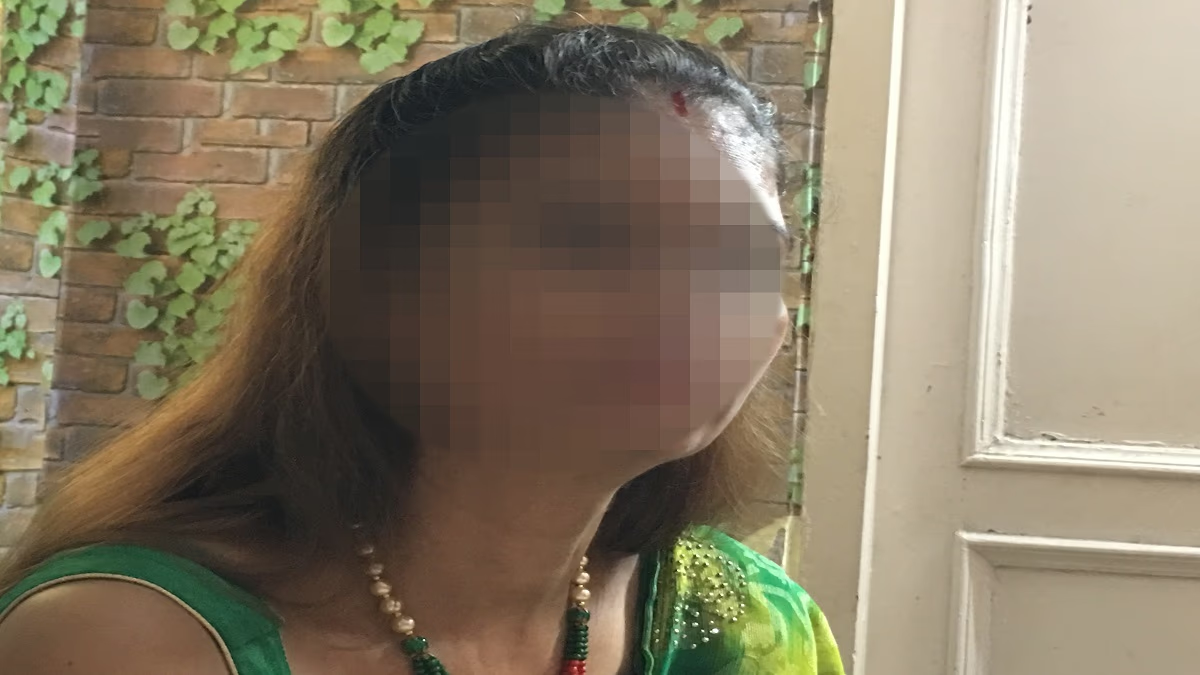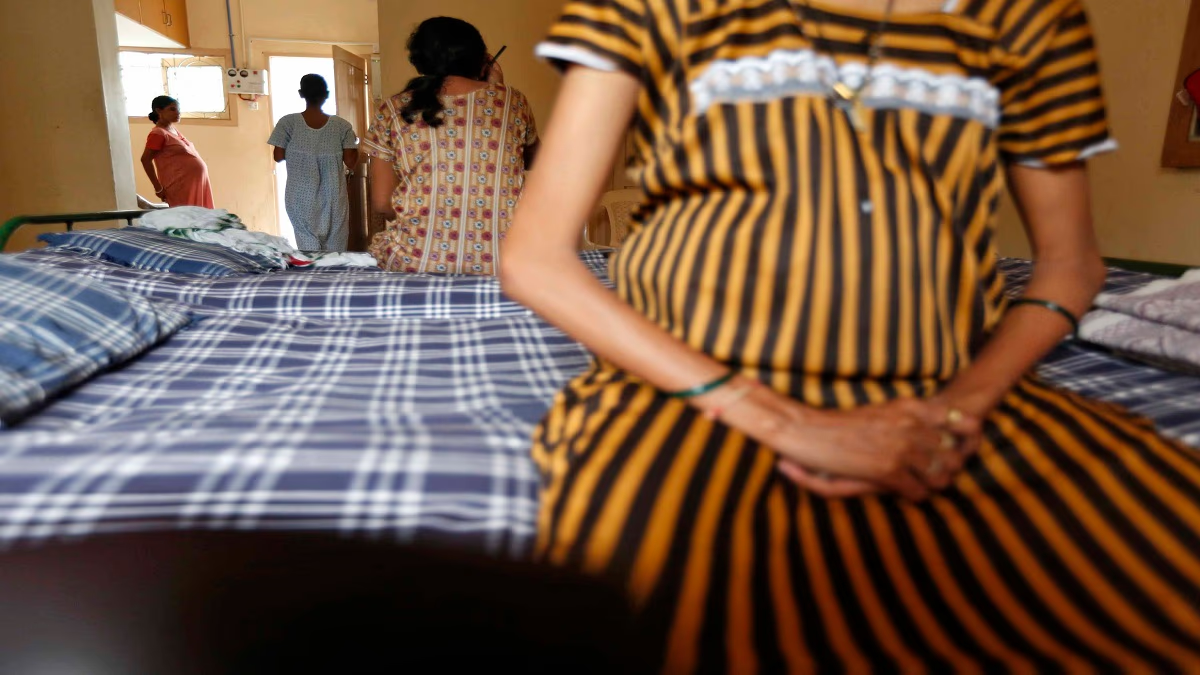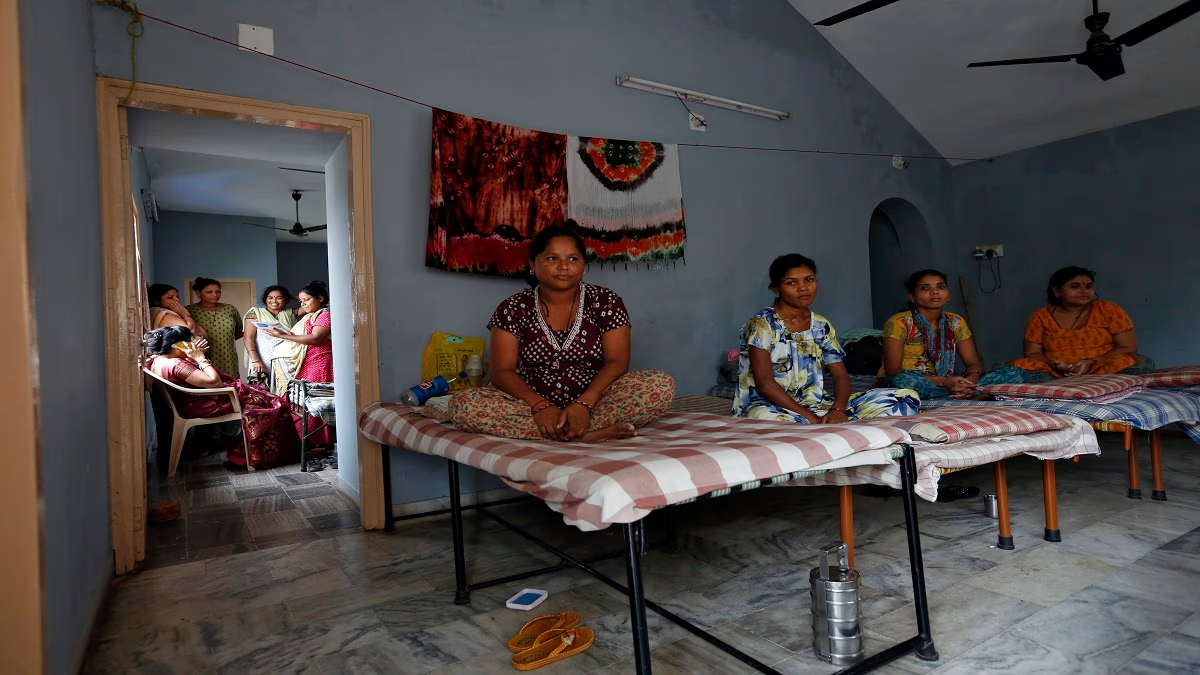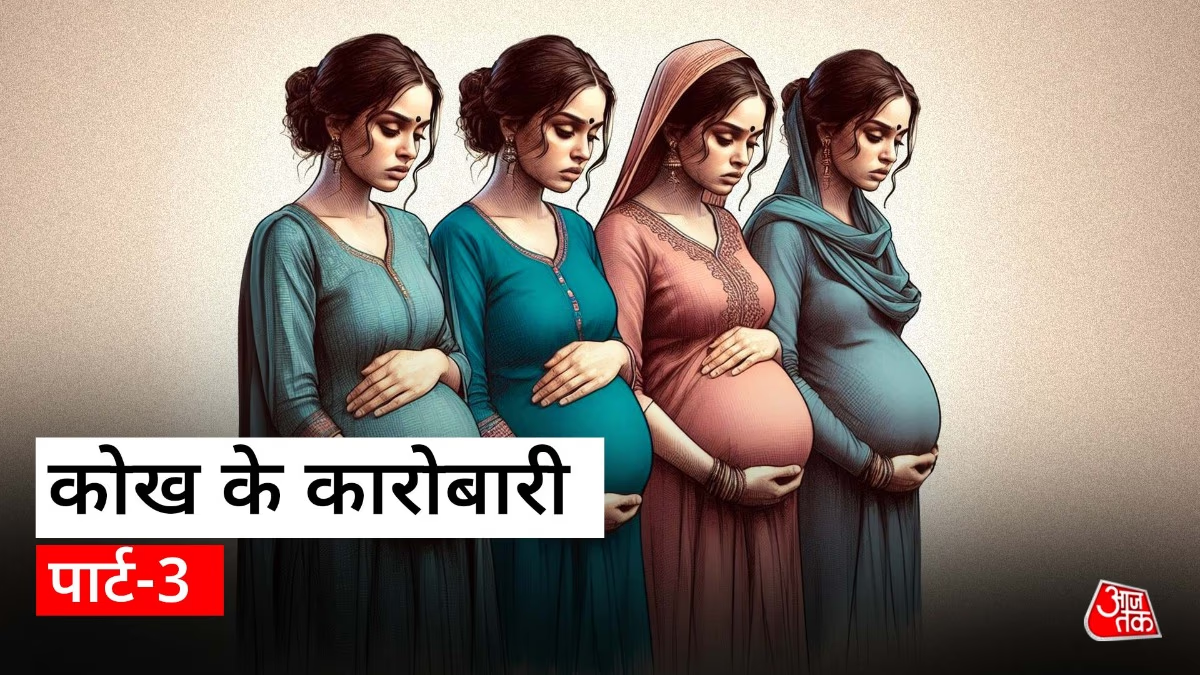Meena, who ran a surrogacy center in Lajpat Nagar for nearly a decade and a half, closed it just before COVID. This was when the act became strictly enforced. After several phone calls, she agreed to meet but sought assurance – 'Nothing wrong will happen to me, right? We were only doing this work when surrogacy was legal.' After much persuasion, we agreed to do a video interview, with the condition that she could retract if it appeared risky. My first and natural question was how she got the idea to run a surrogacy home. She began to narrate the full story.
'This dates back some 20 years. My first husband passed away, leaving me with two children. I’m from another state; I came to Delhi relying on my husband. Without education or a job, I couldn't even pay the rent. A neighbor then told me – Did you know, there’s a shop here where women sell their eggs?' I was shocked, but my need was such that if someone had asked me to sell my blood, I would have done that too. The same woman took me to the egg-selling shop.
There, someone explained to me that an injection would be given above the leg, and after 15 days, the eggs would be extracted for which I'd receive Rs 20,000.
'I was scared that the injection might harm me. Who would take care of my small children if something went wrong? Seeing my fear, that person suggested that I bring someone else first, observe, and if it seemed fine, only then I should proceed. They also offered a referral fee of Rs 5,000.
I immediately started looking for women from my area. I took the first woman; a few days later, they said to bring her on a specific date for pick-up, which I later learned meant egg extraction. She was fine, got her money, and I also received mine. Since then, I started taking women there.
Soon, I began bypassing the shopkeeper and going directly to the hospital. They offered higher rates, and my reputation grew. One day, I learned about surrogacy. A doctor explained everything to me. I then found a suitable woman – tall and strong. After IVF, the surrogate either went back to her home or moved in with the client if they were wealthy. However, as miscarriage cases increased, a top doctor suggested that I set up my own surrogacy home to keep women for the entire nine months and get paid extra for it.' So, I started with a small room. Eventually, I had nine rooms across three floors, with three surrogates in each room. The home was always full.

Source: aajtak
Didn't you feel bad about profiting from the neediness of poor women?
Why feel bad? We were doing a good deed. Look at poor states; people in Delhi eat bread with ghee while in those places people eat scraps they find in cow dung. The surrogates here learned about pizza and burgers only because the clients brought them such food.
Many still call me to arrange surrogacy because they need money. Many wealthy people who are childless still reach out. But I refuse everyone now.
But many people still do it illegally?
Yes, they're doing it, but I don't want to get involved and can't risk court troubles.
How did you find the girls?
Initially, doctors contacted us saying there was a need. Agents also worked with us to find girls, mainly from Bihar, Bengal, and Jharkhand. But we verified they were married, had children, and had their husband's consent before moving forward.
How much did you and the surrogate earn?
It was usually decided by the doctors. We got a package of Rs 50,000, and the clients covered rent and food costs. Surrogates themselves earned between 5 to 7 lakh rupees.
What was your role?
We ensured surrogates followed all rules, took their medicines on time, and didn't get depressed from being away from their families, which could affect the child. I visited them every evening.
Did prospective parents have specific demands for surrogates?
Initially, yes. They wanted fair-skinned, tall surrogates, some even wanted them to speak English so the child could hear the language. Many had preferences regarding non-vegetarian diets. But over time they realized the child would take after the biological parents, not the surrogate.

Source: aajtak
Did any surrogate ever grow attached to the child?
There was always the fear. But we had contracts specifying that the surrogate wouldn't see the child after delivery. Some wanted to breastfeed, but the hospitals trained them for bottle feeding to avoid this. Moreover, we never used the surrogate's own eggs but rather those from an anonymous donor.
Did the surrogates face any difficulties during their nine months?
Are you kidding? Most came to my center skinny and left looking healthier with glowing skin. They never had such comfort and varieties of food. Though internally what they felt, I can't say.
How did these women get paid?
From the day the embryo transfer (ET) happened, payments were counted. Some wanted monthly payments, resulting in lesser money at the end. Others demanded a lump sum. However, most received 10 to 15 thousand per month, with the rest paid after delivery.
Did you face any legal issues over the years?
When I operated, surrogacy was legal, but problems arose. Like once, a child was born with a birth defect, and the parents refused to take or pay for it. The child remained in the hospital for days. Sometimes parents disagreed and didn't want the child, which led to court cases, but we argued the surrogate should be paid for her time.

Source: aajtak
Despite the ban on paid surrogacy, the practice continues illegaly involving middlemen and hospitals. Arguments exist for making it more transparent rather than banning it entirely.
Surrogacy Board Member Dr. Nitiz Murdia, who is also the MD of Indira IVF, says - The current surrogacy act permits only altruistic surrogacy, meaning surrogates should not receive any payment beyond medical expenses and insurance. The commercial surrogacy ban poses challenges for couples and single parents medically unable to conceive. Currently, couples need to prove medical unfitness for pregnancy before a district medical board, leading some to seek international surrogacy or adoption, which is costly. The act's stringent requirements and documentation often necessitate a lawyer's help, creating difficulties for those wishing to pursue surrogacy.
On the legal tightening of surrogacy, Delhi’s Karkardooma Court lawyer Priyanka Bhadauria states - Though commercial surrogacy is banned, proving violations is difficult. It's like buying movie tickets on the black market; it's a real ticket but illegally obtained. The same happens with surrogacy; clinics, middlemen, needy women, and desperate couples circumvent the law. While prenatal gender tests are illegal, people still get them. The government developed solid rules, but a stronger network formed to bypass them. Rather than a blanket ban, the government could create a registration system similar to organ donation. Both needy couples and potential surrogates register, and matches are made sequentially. The government could offer surrogates benefits like hospital or school facilities, while couples would pay a set amount. This would eliminate middlemen and streamline the process. Given the rise in infertility, surrogacy can't be entirely halted.'

Source: aajtak




